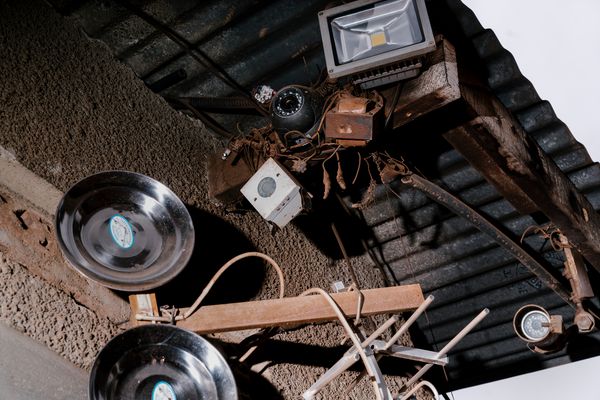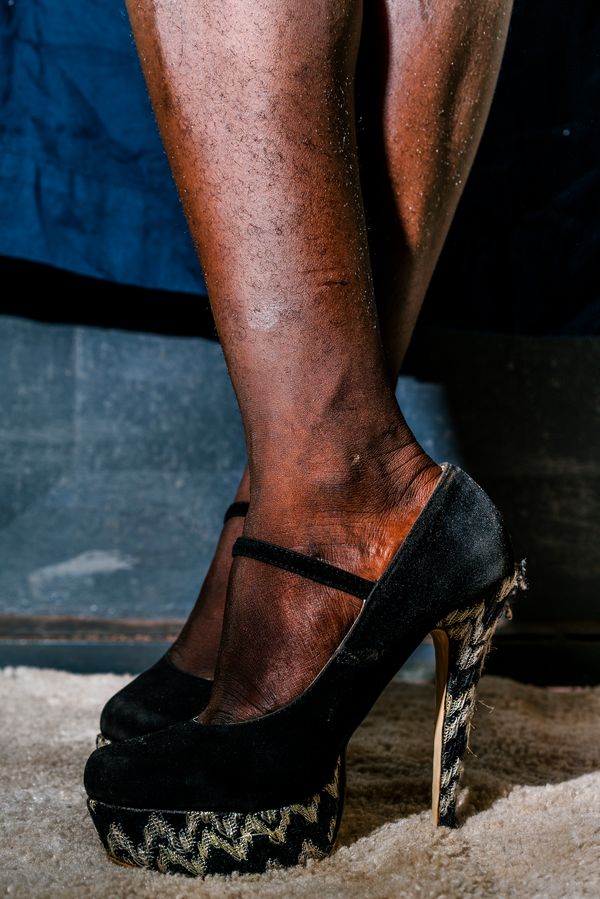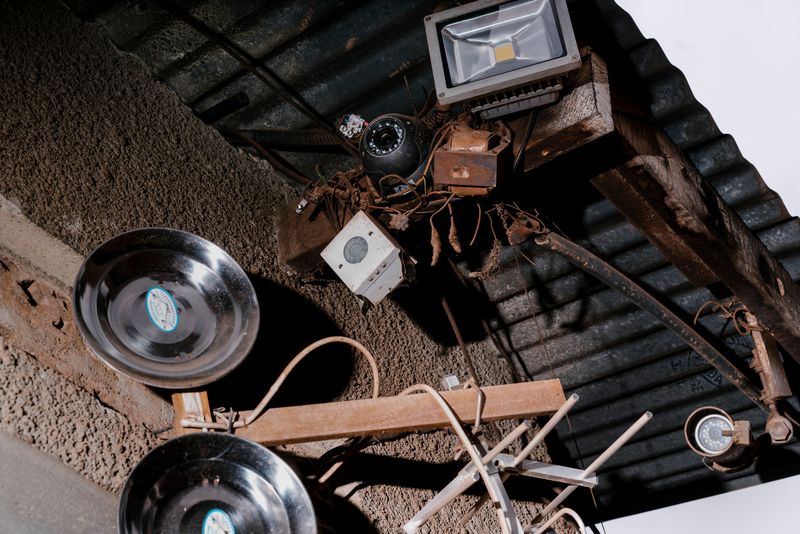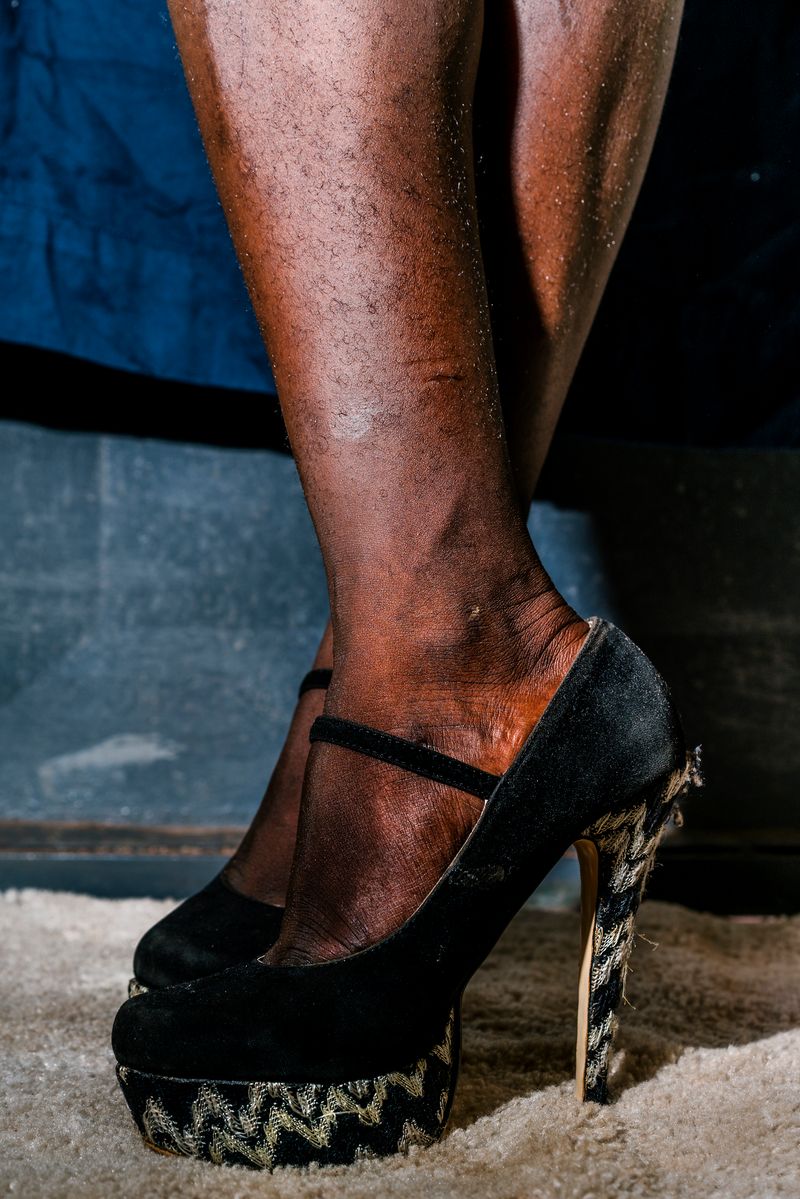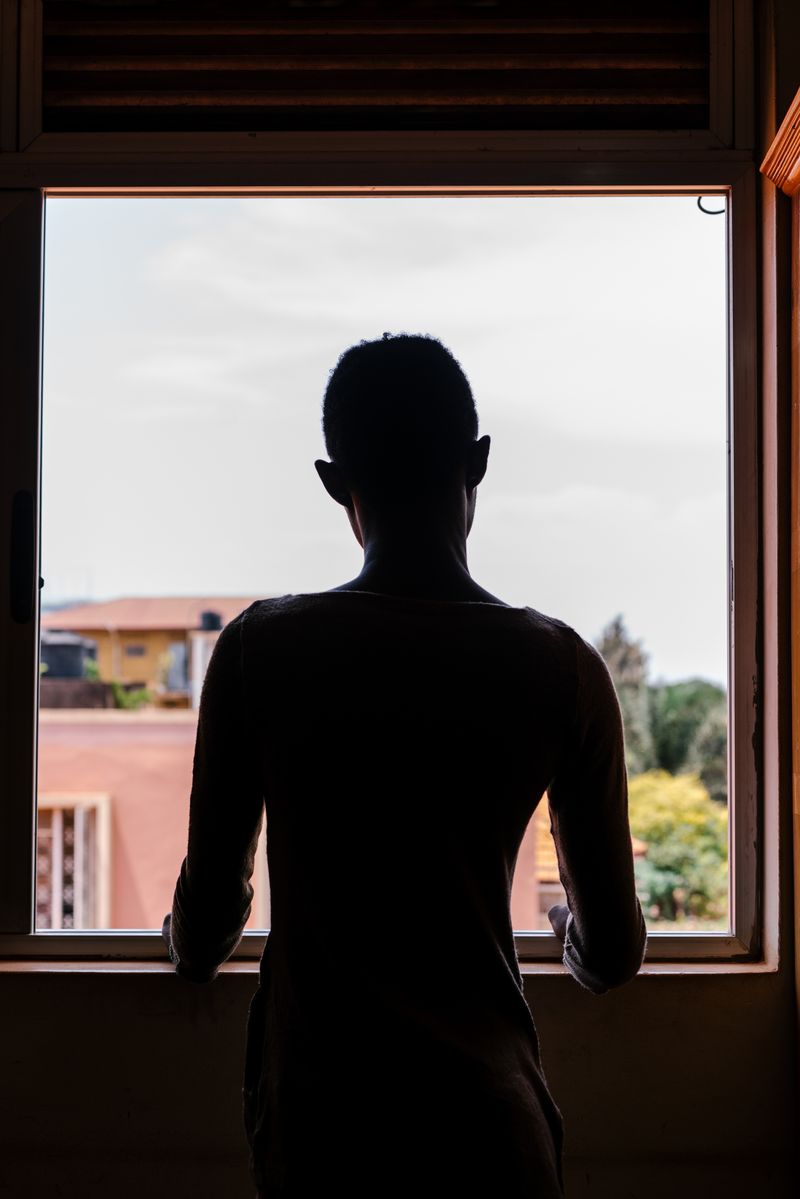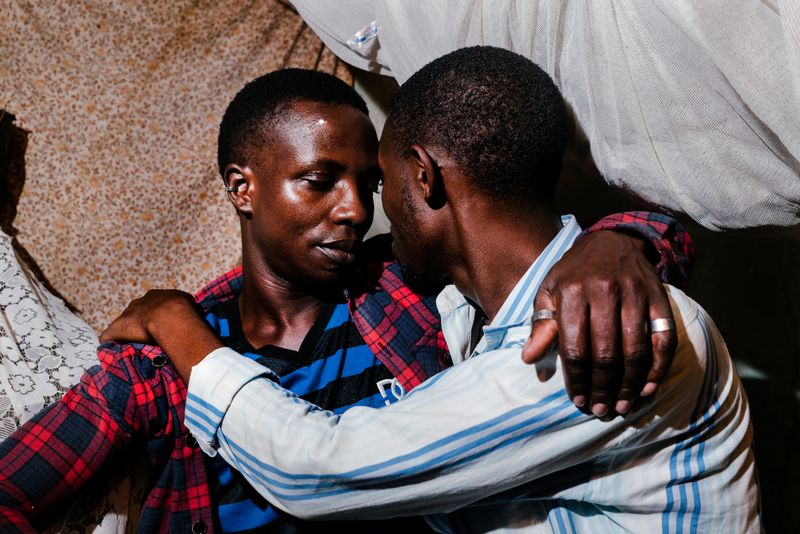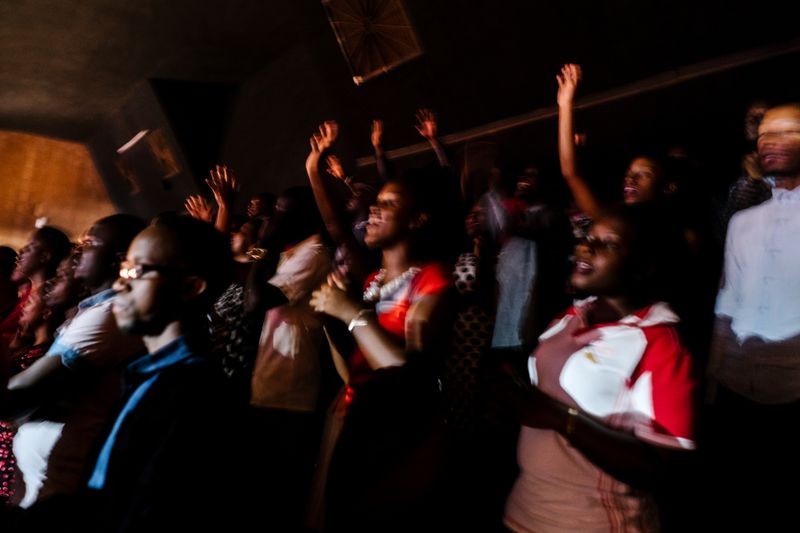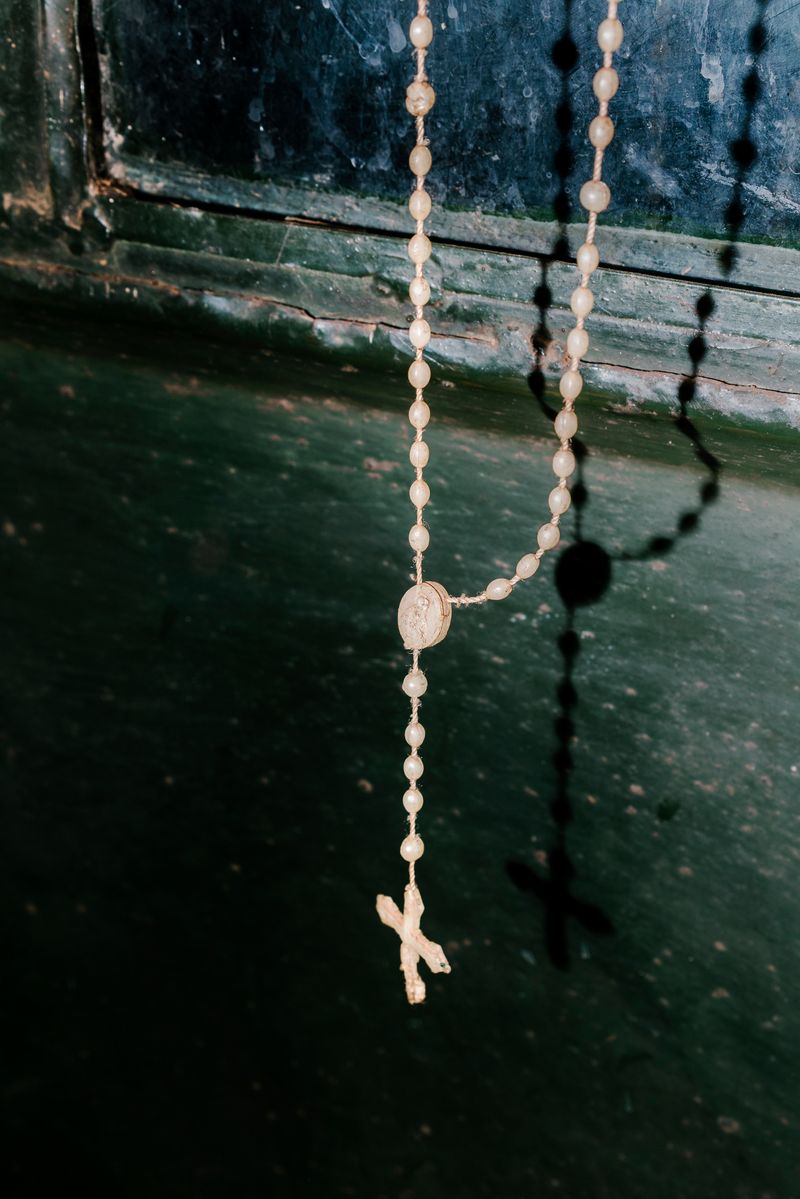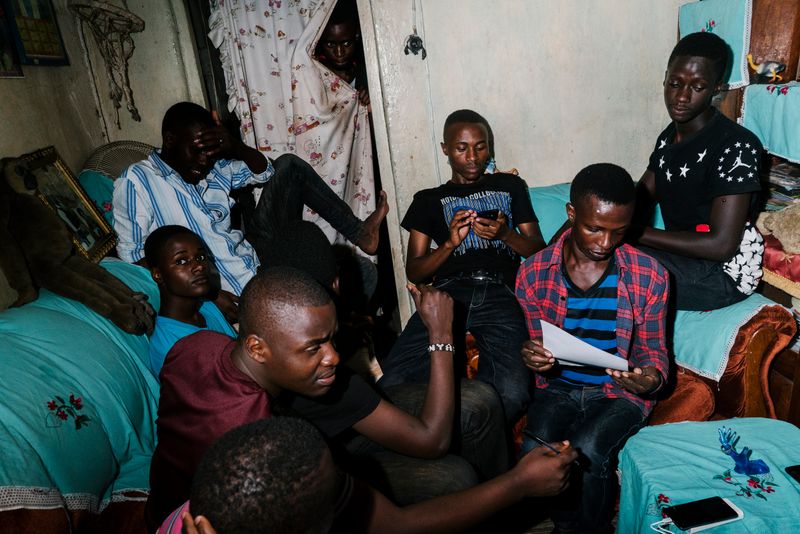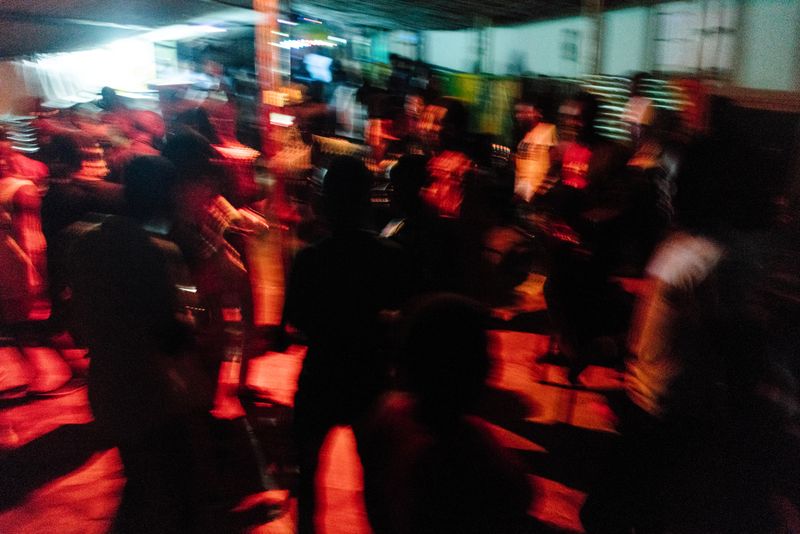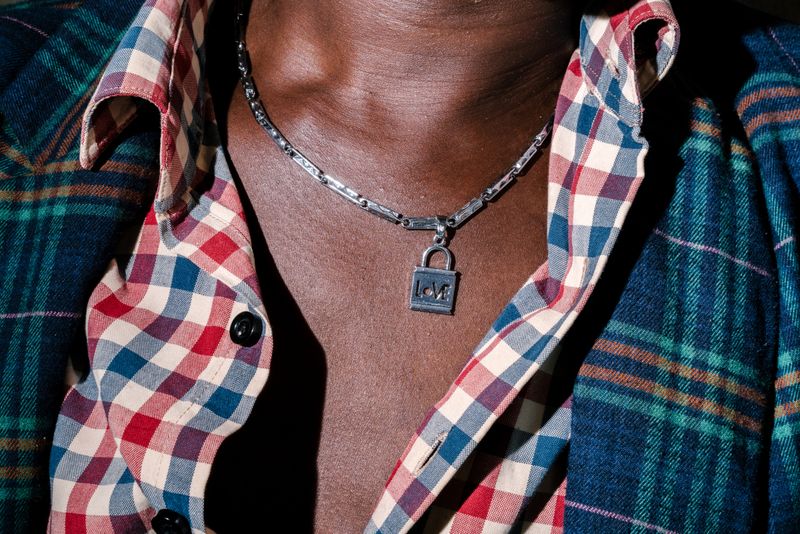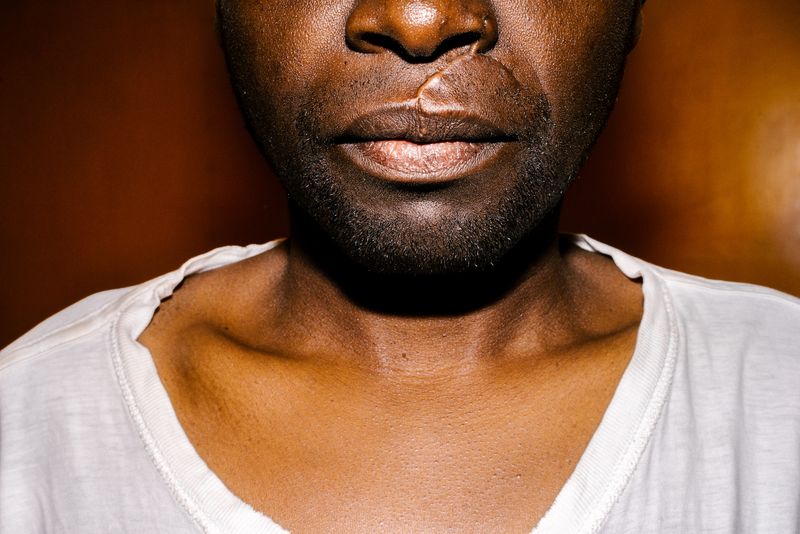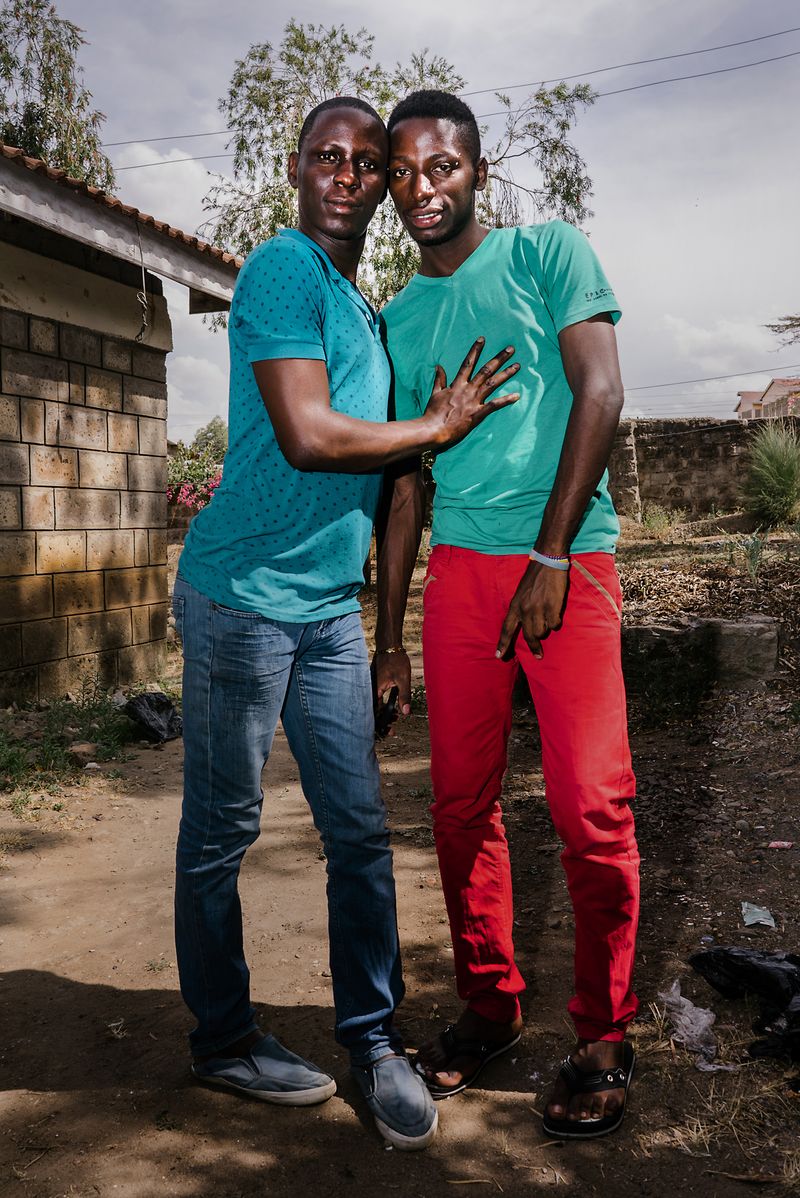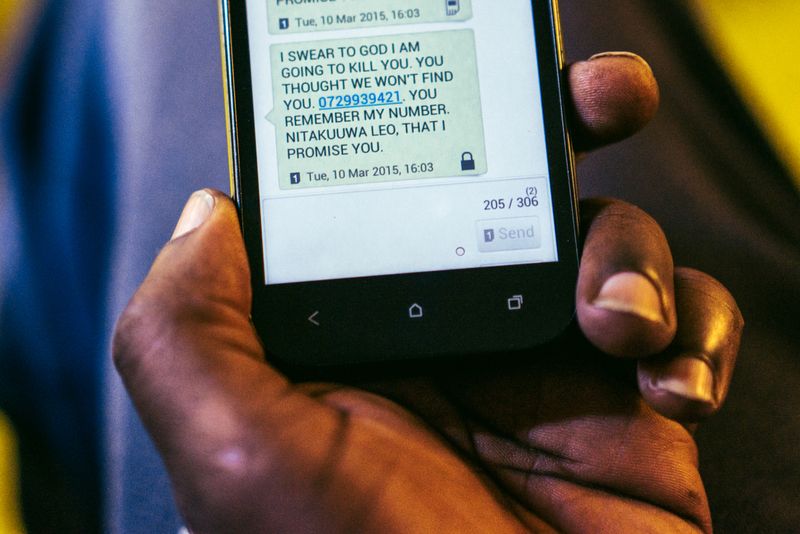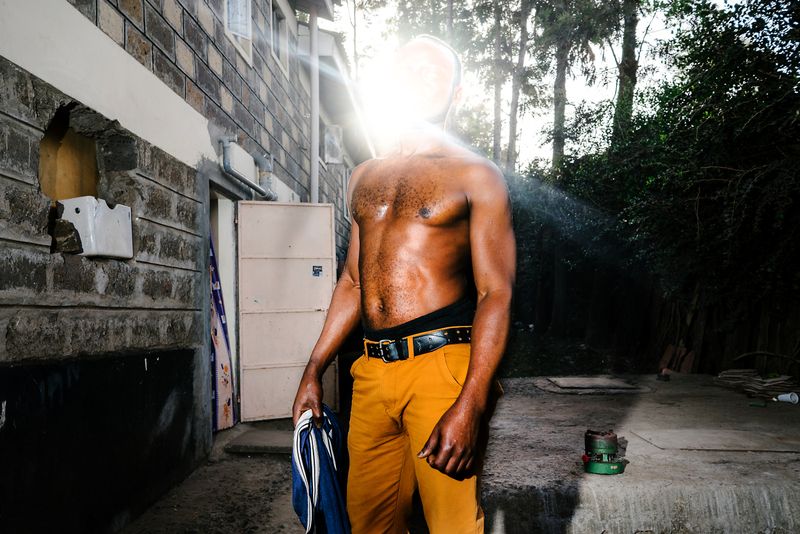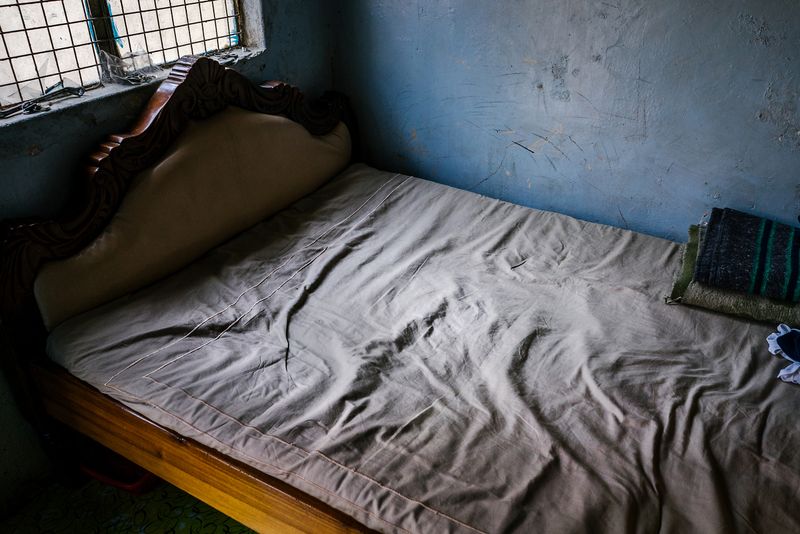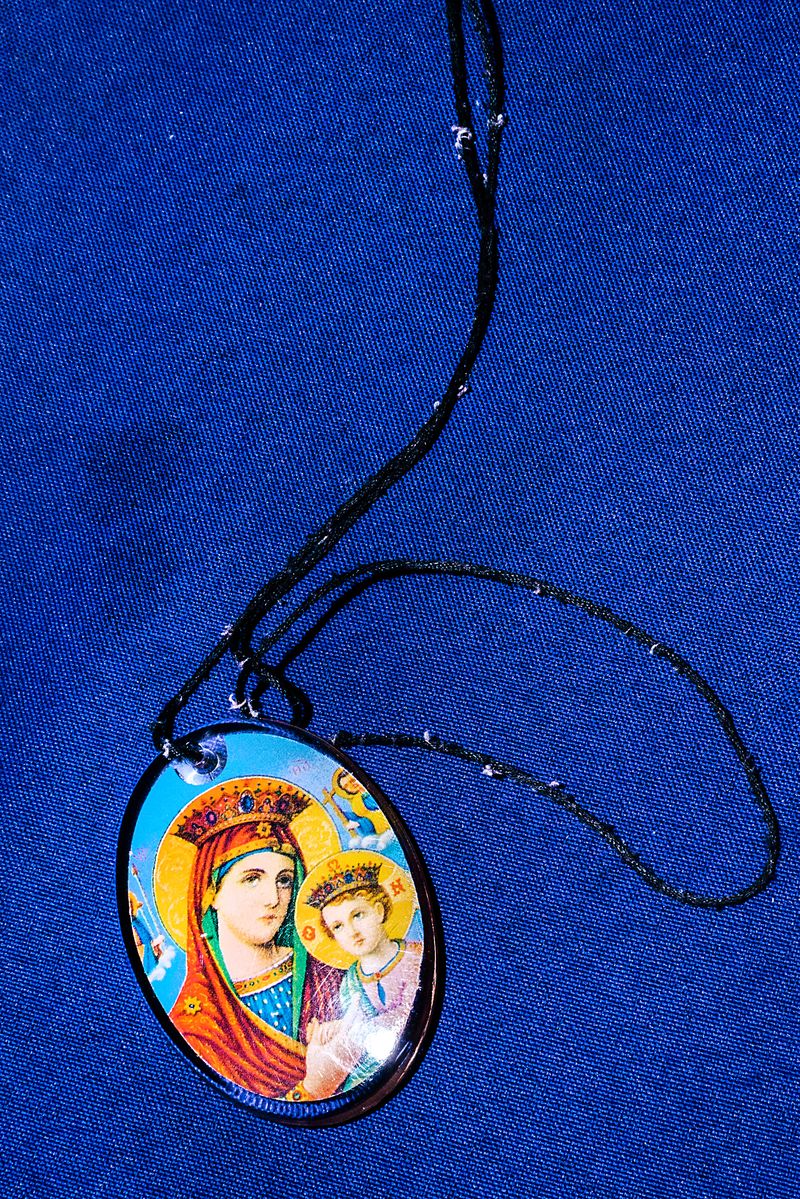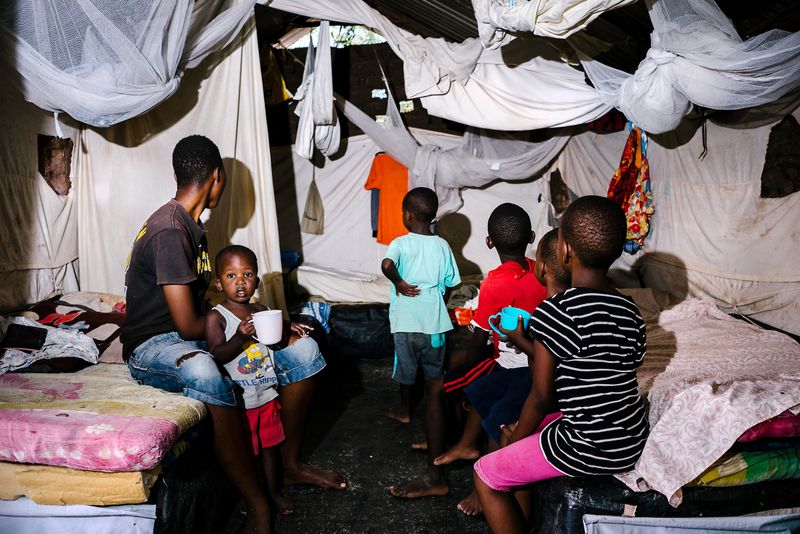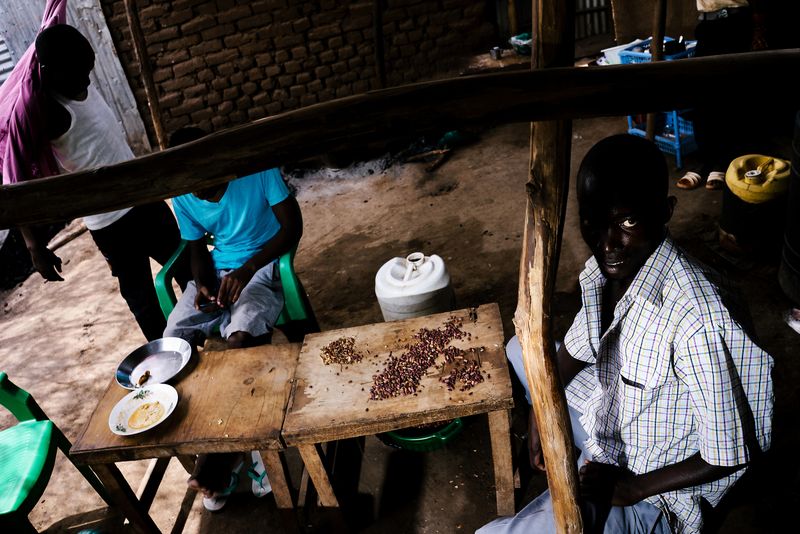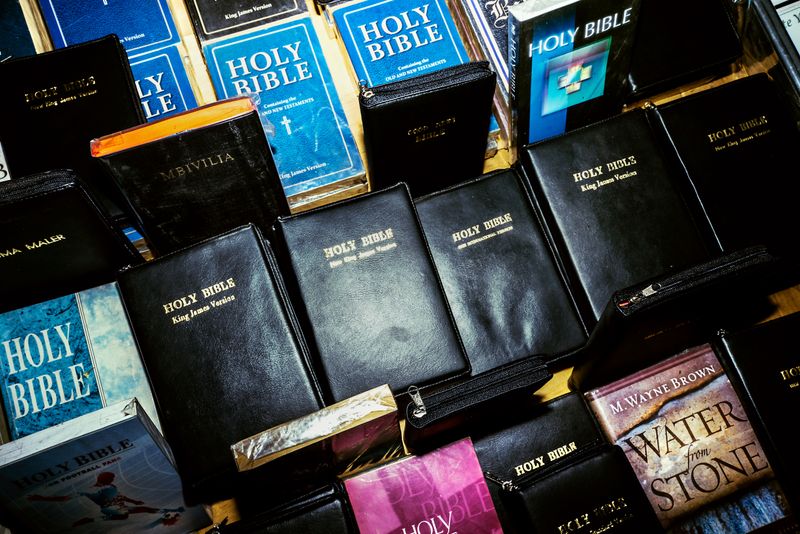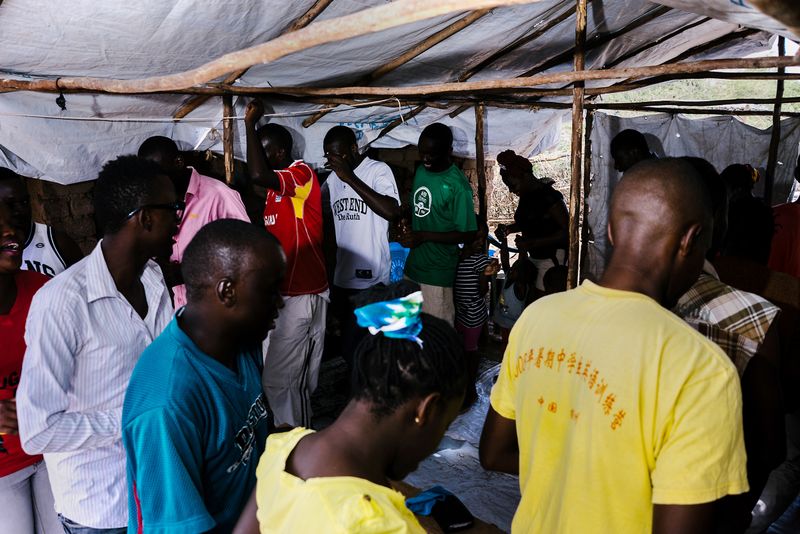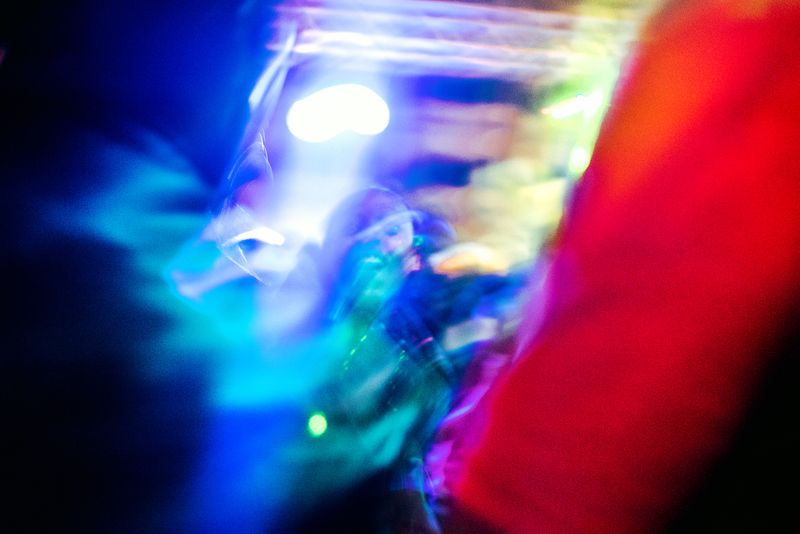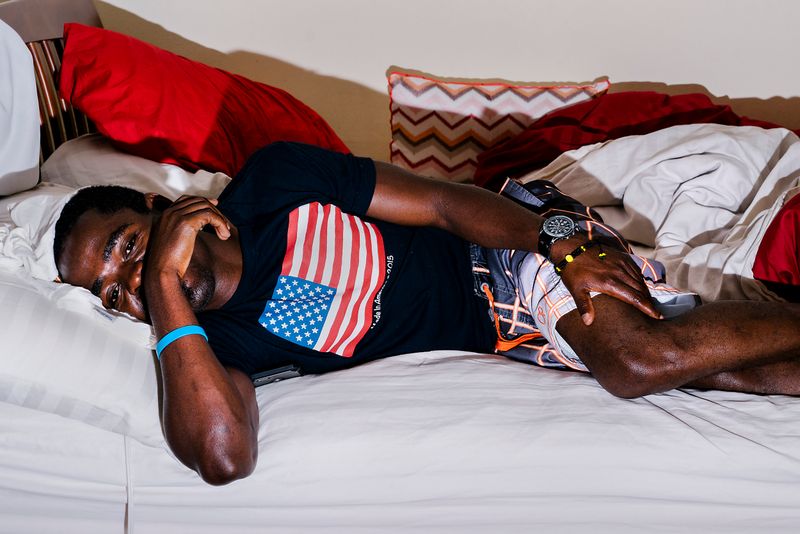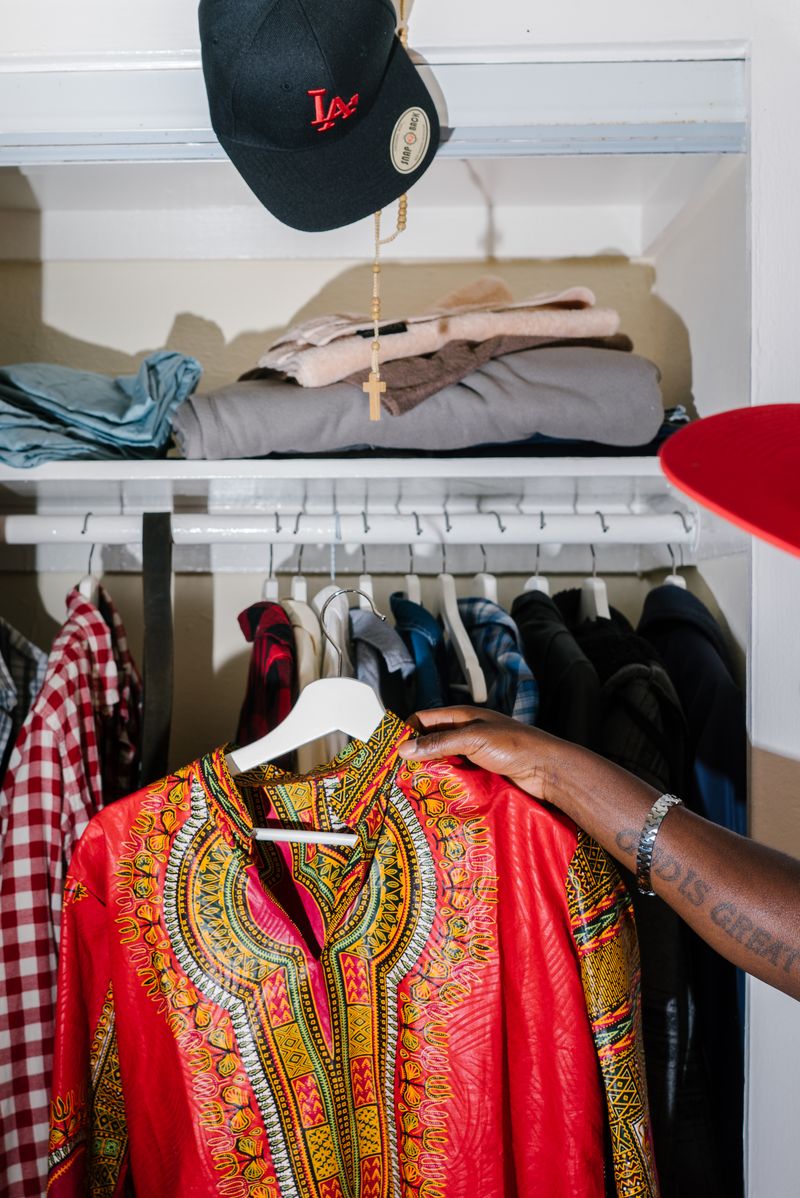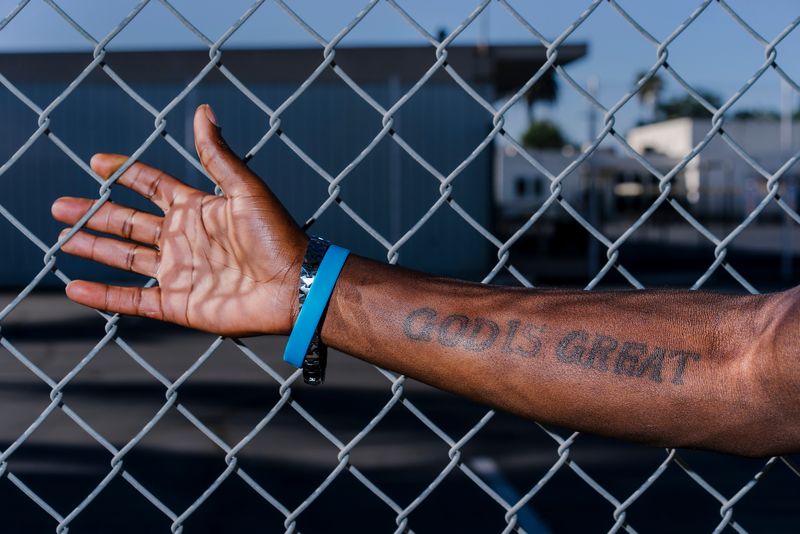This is How The Heart BeaTs
-
Dates2015 - Ongoing
-
Author
- Topics Social Issues, Contemporary Issues, Documentary
- Locations United States, Uganda, Kenya
This is How the Heart Beats is a three-part project about the LGBTQ refugees of East Africa. It follows them from their homes in Uganda where they faced unimaginable abuse, to Kenya, a country they fled to but where they face the same hardship, to the United States where many are resettled.
In Uganda, the notorious “Kill the Gays” bill caused an international uproar. In its wake, LGBTQ activists received funding and a global platform that would have been unimaginable without the bill. But the visibility created a grassroots allergic reaction, and though the rhetoric has died down and the bill has been defanged, attacks and abuse are on the rise, and to be gay in Uganda today may be more dangerous than ever before.
In the months after the bill’s passage, Sulait and his boyfriend were tortured in a Uganda prison, and so they fled to Kenya only to be attacked by a mob of men with machetes there. Hundreds of others from countries around the region fled to Kenya to escape homophobia too. They hoped for peace, but instead, found only more persecution.
After years of waiting in hiding in Kenya, many resettle in the US. But America is not the paradise they imagined. Persecution and fear are replaced by isolation and anxiety about an unknown future.
This is How the Heart Beats is a record of LGBTQ forced migration unlike any other, following this community from its darkest moments to an uncertain future. At a time of great uncertainty for both LGBTQ and refugee rights, this work illuminates the stakes for those at the center of a firestorm.

